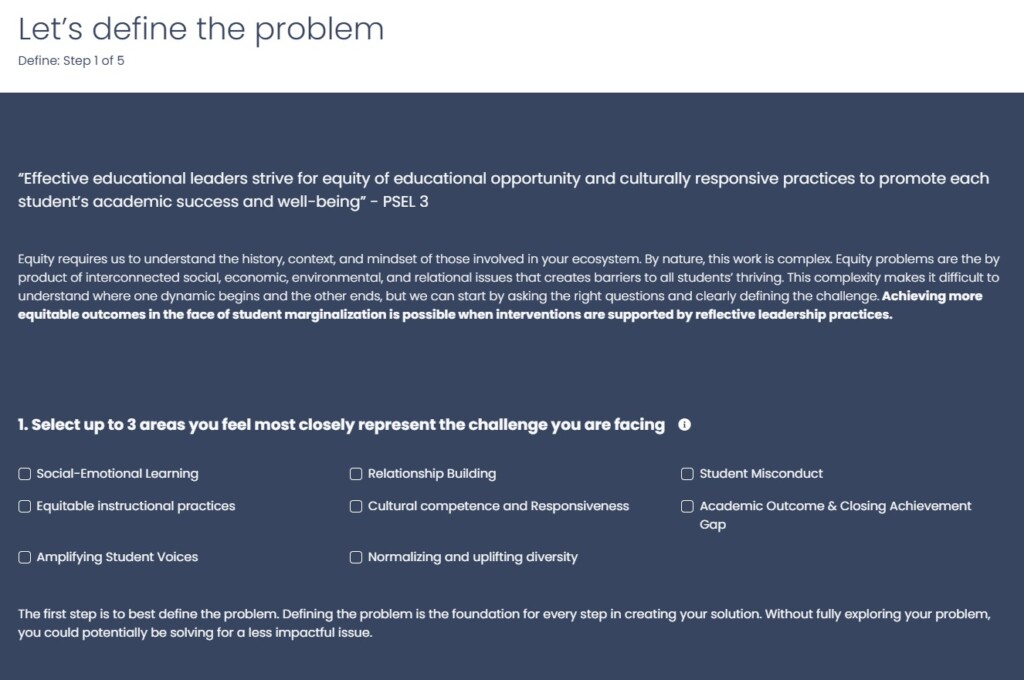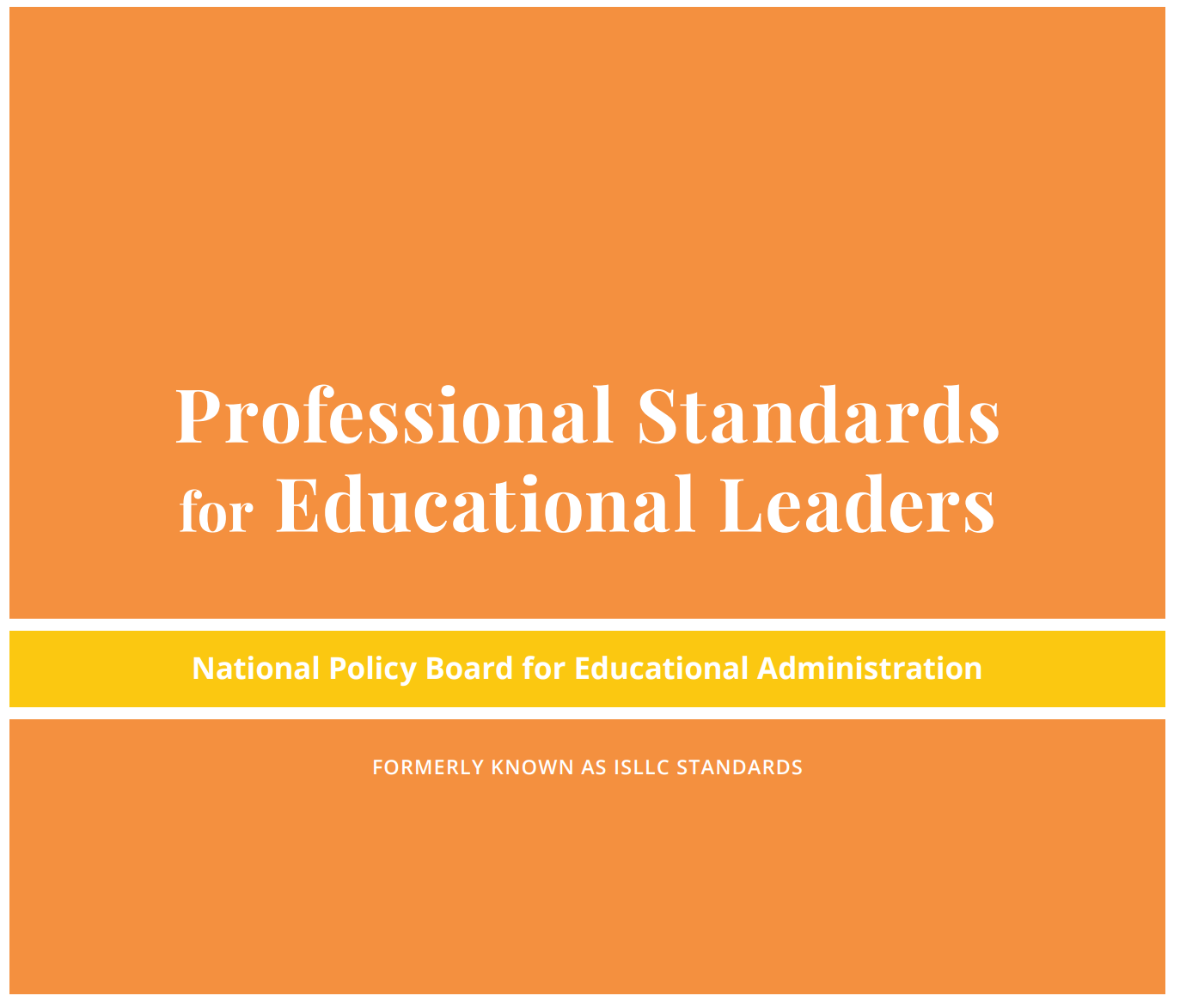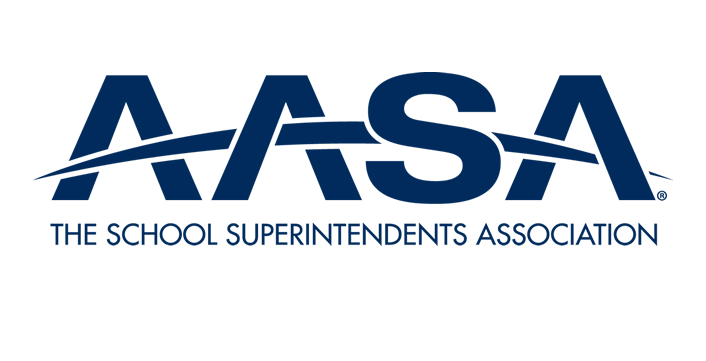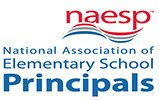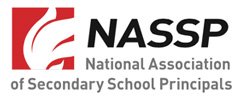National policy board
for educational Administration

AASA Principal Supervisor Podcast Series Now Available!
The AASA Principal Supervisor Podcast Series brings together trusted voices to explore the critical role of principal support and coaching in fostering equitable teaching and learning. Inspired by the book From Tinkering to Transformation: How School District Central Offices Drive Equitable Teaching and Learning by Dr. Meredith Honig and Dr. Lydia Rainey, the series dives deep into research-backed practices for instructional leadership. Moderated by Dr. Jackie Wilson, it features insights from leaders such as Dr. Linda Chen, Aurora Lora, Eric Nelson, Dr. Matt Smith, Christine Semisch, and Jermaine Fleming, offering innovative strategies to reshape principal supervision and district leadership.
An Introduction
to NPBEA
The National Policy Board for Educational Administration (NPBEA) is a national alliance of major membership organizations committed to the advancement of school and school-system leadership. Member organizations represent the educational administration profession and collaborate to improve the preparation and practice of educational leaders at all levels.
The NPBEA Created Equity Workbook
The NPBEA has worked diligently in creating an interactive workbook that can be used to tackle equity problems that are in your organization. This platform will serve as a guide throughout your journey to eliminate inequities that are occurring in your building and your district. User friendly prompts, clarifying questions, and the ability to save and auto-organize your work are just some of the features that help you to visualize a problem from a top level perspective and assign roles and tasks to personnel on how to solve it. This is a platform that you’ll be using throughout your career. Don’t wait…start today!
New Professional Standards for Educational Leadership (PSEL)
The National Policy Board for Educational Administration (NPBEA) has endorsed a new set of standards for school leaders and launched an advocacy campaign encouraging states to adopt those standards. An alliance of six leading professional organizations committed to advancing school leadership, NPBEA carefully guided development of the new leadership standards.
Called the Professional Standards for Educational Leadership, or PSEL, the new standards incorporate the latest research indicating what students need to become successful learners and what school leaders can do to create more a more effective learning environment. They set broad expectations for the preparation, practice and evaluation of school leaders.
“Schools need effective leaders now more than ever to take on the challenges of educating students for success in the 21st Century,” said JoAnn Bartoletti, chair of the NPBEA Board and Executive Director of the National Association of Secondary School Principals (NASSP). “They stress the importance of both academic rigor as well as the support and care required for each student to excel.”
“Schools need effective leaders now more than ever…”
PSEL standards are the result of an extensive 3-year process that took an in-depth look at the new education leadership landscape. It involved a thorough review of the latest research, the input of researchers and more than 1,000 school and district leaders to identify gaps among earlier standards dating from 1998 and 2008. They recognize that today’s school leaders face new and significant challenges, and discern the importance of building a positive learning community that includes parents, teachers and administrators in support of students.
The PSEL model ten fundamental standards for school leaders, from setting mission and core values for schools and being culturally responsive, to curriculum rigor and seeking continuous school improvement.

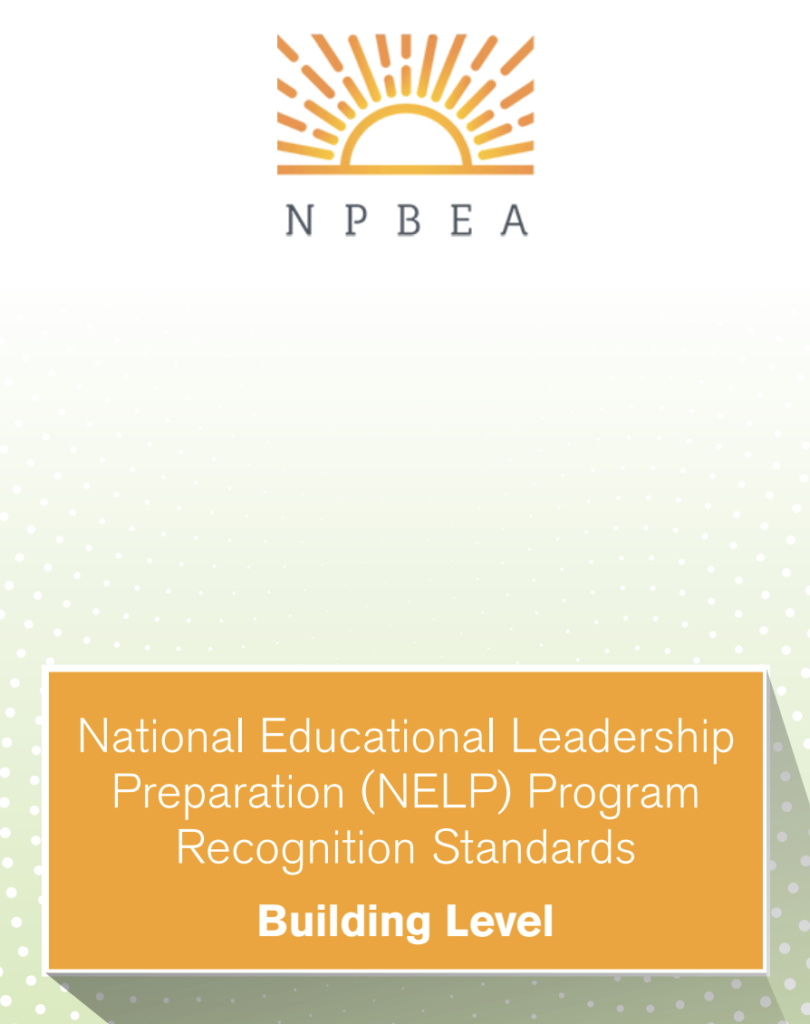
Higher Ed NELP Standards Released
The NELP preparation standards, which align to the PSEL, are designed to guide higher education leadership preparation programs. They have been approved by the NPBEA and are now being finalized based upon a review and approval by the Council for the Accreditation of Educator Preparation (CAEP). When approved by CAEP, the NELP preparation standards will replace the 2011 Educational Leadership Constituent Council (ELCC) standards and be used to guide the design, accreditation review, and state approval of preparation programs for principals and superintendents. Institutions going through the CAEP accreditation process will have 18 months from the time the NELP standards are finalized to transition to the new NELP standards and assessments.
More information can be found here: NELP
NPBEA Board Endorses Advocacy Campaign for PSEL
NPBEA’s Board and member associations have endorsed an advocacy effort designed to raise awareness of the value of the new Professional Standards for Educational Leadership (PSEL) among educators and state policymakers.
NPBEA’s advocacy involves all six member organizations and their tens of thousands of members, including school principals, school superintendents, chief state school officers, and leaders of the nation’s advanced leadership preparation programs. All six organizations have endorsed the Professional Standards for Educational Leadership and will support outreach to encourage states to adopt PSEL through their member conferences and communications.
“Research is clear – The impact of school leaders on equitable outcomes for all students is significant. In Delaware, we have prioritized PSEL-aligned leadership development. This alignment includes our induction, mentoring, professional learning, and performance evaluations. We recently launched the Governor’s Institute for School Leadership and ensured that learning is authentic and relative – aligned to PSEL.”
Dr. Mark Holodick
.
"PSEL Standards constitute the guideposts for the skills and knowledge we want all school leaders...to demonstrate."
NPBEA is encouraging state policymakers to consider adopting PSEL for their licensure or certification programs, and will be monitoring states as they come on board. Educators are invited to become advocates for PSEL in their states. Information and guidance can be accessed here.


